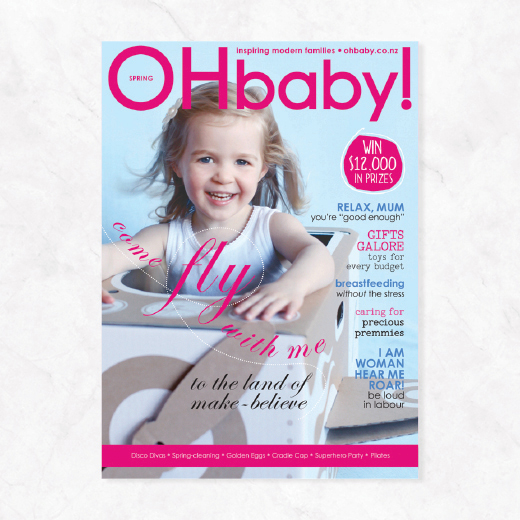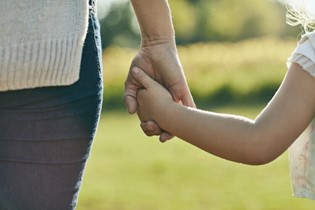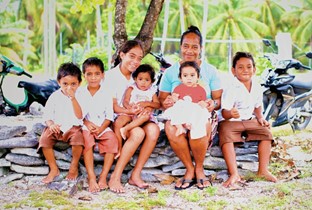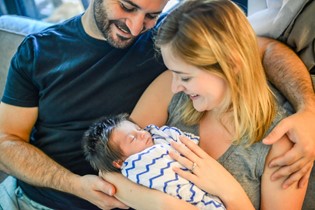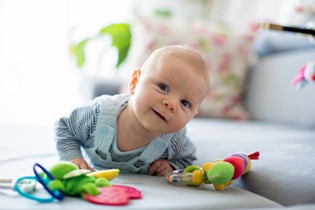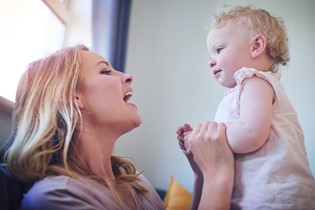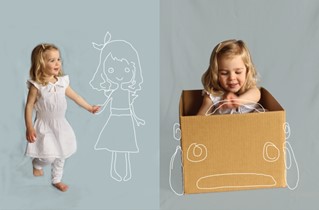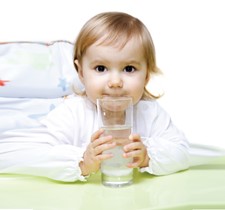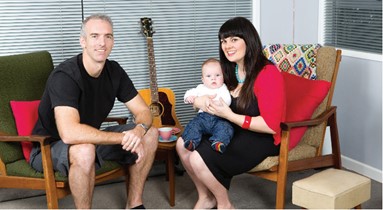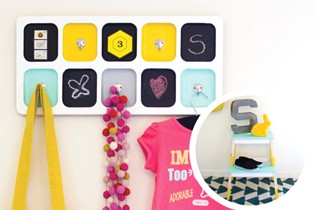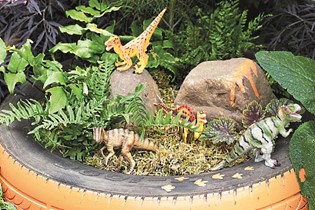Born three months early - One family's story
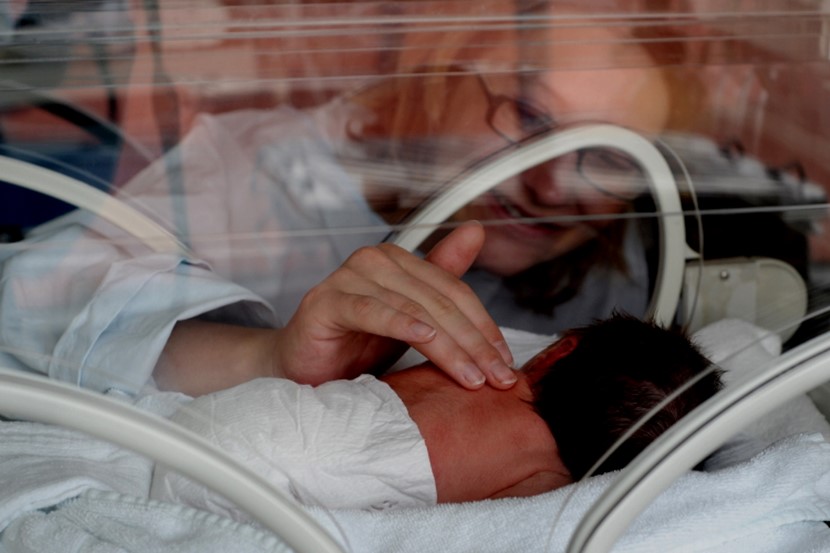
What is it like to have a baby born three months early? Loren Roome tells Ruth Brown about her journey with baby Pippa.
By the time Loren Roome was pregnant with baby number three she was an old hand at the baby-making game and she and husband Daniel had been organised enough to plan for a springtime arrival. Nothing could have prepared them for the spontaneous pre-term birth that wrecked those plans and the stress and upheaval resulting from their baby girl arriving three months early.
Pippa was born by Caesarean section weighing just 1.2kg. Although tiny, this was actually quite a healthy weight for a baby arriving 14 weeks early. This and the fact that she was a girl were two points in her favour in her battle for survival. On the downside, she hadn't had time to get the full effect of steroids to help her lungs work before Loren was taken into theatre.
When Loren was just 26 weeks pregnant her waters broke and she was rushed to Middlemore Hospital. Staff initially hoped they could hold off the birth to give that tiny baby more time to grow. But the plan was short-lived as they found meconium in Loren's waters and that baby had to come out.
Pippa went straight to the Newborn Intensive Care Unit (NICU) at Middlemore. She was placed in a plastic pod with a lamp beaming down on her for the jaundice, hooked up to a CPAP to pump oxygen into her lungs and a feeding line.
Essentially, she was being kept alive until her own system had developed enough for her to survive on her own.
Pippa was placed at the end of a long ward of babies in pods, all hooked up to machines in separate cubicles.
"When you go in there for the first time, it's very scary," says Loren. There are lights flashing and alarms going off frequently. It's rare for these alarms to indicate any serious danger to the baby but still, on the first weekend after Pippa was born, two babies died in the same room as Pippa's.
"It's awful to see the parents. You don't look out of respect, but you're aware of what's going on around you.
"For us it was scary. The nurse told me, 'You need to focus on your own baby.'
"The staff gave few clues as to Pippa's chances of survival. It was only when Loren consulted "Dr Google" she learned Pippa had a 90% chance of making it.
NICU staff took a day-by-day approach while remaining upbeat and positive, encouraging Loren and Daniel to celebrate every tiny bit of progress. Most days they would announce small milestones, such as the food supply being increased or the CPAP taken down a notch so Pippa was further along the path to breathing on her own.
"For the most part they were very positive. They said she was feisty, and had a good set of lungs.
"They would never tell us it was a bit touch and go. They were very positive without being rose-tinted."
But from the moment Pippa was born, Loren never contemplated a future without her: "There was no way she wasn't going to come home healthy."
Loren wrote a journal during that time in which she noted on July 19, "Pippa, four days old, took one millilitre of expressed milk every two hours."
Loren also has a box of mementoes from then. There's a woolly hat in there which is so tiny it looks like a baby's sock.
Loren had her first cuddle when Pippa was nine days old.
Back in the outside world Loren and Daniel had other pressures. The day Pippa was born the family was due to move into their new house. Not only did the birth put their housing arrangements in chaos, they also faced financial worries, having lost nearly three months of Loren's income. Two weeks after the birth, Loren returned to work part-time, working in the mornings then spending five hours at Middlemore with Pippa before heading home, picking up her older daughter Olivia from childcare on the way. The couple spent much of the weekend at Middlemore.
It was exhausting. Loren had to express milk every two to three hours around the clock to help strengthen Pippa's very weak immune system.
"When you look back at it you wonder how you got through it," she says.
"Finances, and a whole lot of other things factored in. It's not just the baby being sick and possibly not surviving, or if she does there might be things wrong, but your life and work, other children, your relationship. It was very, very hard."
Bonding was another issue as initially there was no touching, and for a long time no eye contact either. "It's hard to love a baby in a bubble," she says.
That's all history now as Pippa is all smiles.
Premature babies face a greater risk of cerebral palsy, vision and hearing problems, asthma, and other issues. At this stage Pippa is not out of the woods but her future is looking pretty good.
"I do think we've been very lucky. There still could be little things that come up but nothing major. We hope we would know by now," says Loren.
To read more about NICU click here
image @istock.com

AS FEATURED IN ISSUE 19 OF OHbaby! MAGAZINE. CHECK OUT OTHER ARTICLES IN THIS ISSUE BELOW
